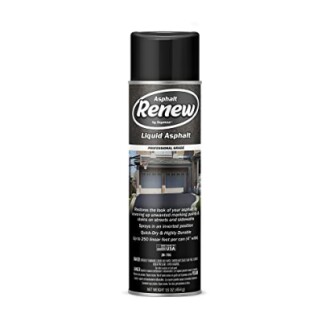
How to Choose the Right Asphalt Mix for Your Needs
Key Takeaways
- Different asphalt mixes are suited for specific applications.
- Understanding project requirements is essential for choosing the right mix.
- Consult product specifications and performance characteristics.
- Consider environmental factors and anticipated traffic levels.
- Always conduct a quality assessment of the mixes before use.
Choosing the right asphalt mix can make or break your paving project. The type of asphalt mix impacts durability, performance, and cost-effectiveness. With numerous options available, understanding the different mixes and their characteristics can empower contractors and DIY enthusiasts alike to make informed decisions. This guide will help you navigate the complexities of asphalt mixes and find the best solutions for your project needs.
Understanding Asphalt Mixes
Asphalt mixes are primarily composed of aggregates, asphalt binder, and other additives that improve functionality. Each type of mix serves a different purpose. The most common types are:
| Type of Mix | Description | Common Uses |
|---|---|---|
| Hot Mix Asphalt (HMA) | A mixture of asphalt binder and aggregates heated to around 300°F. | Roads, highways, and airport runways. |
| Warm Mix Asphalt (WMA) | Produced at lower temperatures, allowing reduced emissions. | Residential streets, parking lots, and environmentally sensitive areas. |
| Cold Mix Asphalt | A mixture of emulsified asphalt and aggregates that can be applied at ambient temperatures. | Repair patches, pothole repairs, and temporary fixes. |
| Stone Mastic Asphalt (SMA) | Rich asphalt mix designed to provide better durability and resistance. | High-traffic areas, such as highways and urban roads. |
Factors to Consider When Choosing an Asphalt Mix
1. Project Requirements
Understanding the specific requirements of your paving project is crucial. Consider the following:
- Type of surface being paved (e.g., parking, roads, playgrounds).
- The expected traffic volume (e.g., residential vs. commercial).
- Weather conditions and temperature during application.
2. Performance Characteristics
Different asphalt mixes offer varied performance characteristics. Here are a few important ones:
- Durability: How long the mix will last under specific conditions.
- Skid Resistance: Important for safety, especially in high-speed traffic.
- Noise Reduction: Valuable in residential areas or noise-sensitive locations.
3. Environmental Factors
Environmental considerations can impact the choice of asphalt mix. For instance:
- Warm Mix Asphalt can be used to decrease emissions.
- Consider the availability of materials locally to minimize transportation impacts.
Recommended Products for Asphalt Projects
When working with asphalt mixes, having the right products can make a significant difference in results. Here are two standout products worth considering:
Seymour 20-701 Traffic Specialties Stripe Renew
A quick-dry and highly durable solution that makes asphalt look new and is compatible with Z-604 marking machines.
Learn MoreClear Acrylic Paint Primer for Concrete, Asphalt, and Wood Floors
Promotes better paint adhesion and coverage, helping seal surfaces effectively.
Learn MoreEvaluating Quality and Performance
Before finalizing your asphalt mix choice, it's essential to perform a quality assessment. Test samples can ensure your selected mix meets performance expectations. Here are some steps to follow:
- Collect samples of the chosen asphalt mixes.
- Conduct a visual inspection for consistency and quality.
- Follow local guidelines for testing durability and adhesion.
Conclusion
Choosing the right asphalt mix is fundamental for the success of your paving project. Evaluating project requirements, understanding performance characteristics, and considering environmental impacts will lead you to the best asphalt solution. Make sure to explore additional resources on asphalt mixes to further enhance your knowledge and skill in paving.
Tips for Beginners
- Start with a clear project plan outlining your needs.
- Consult local paving experts or guides if you're uncertain.
- Test small areas first before applying a full mix.



